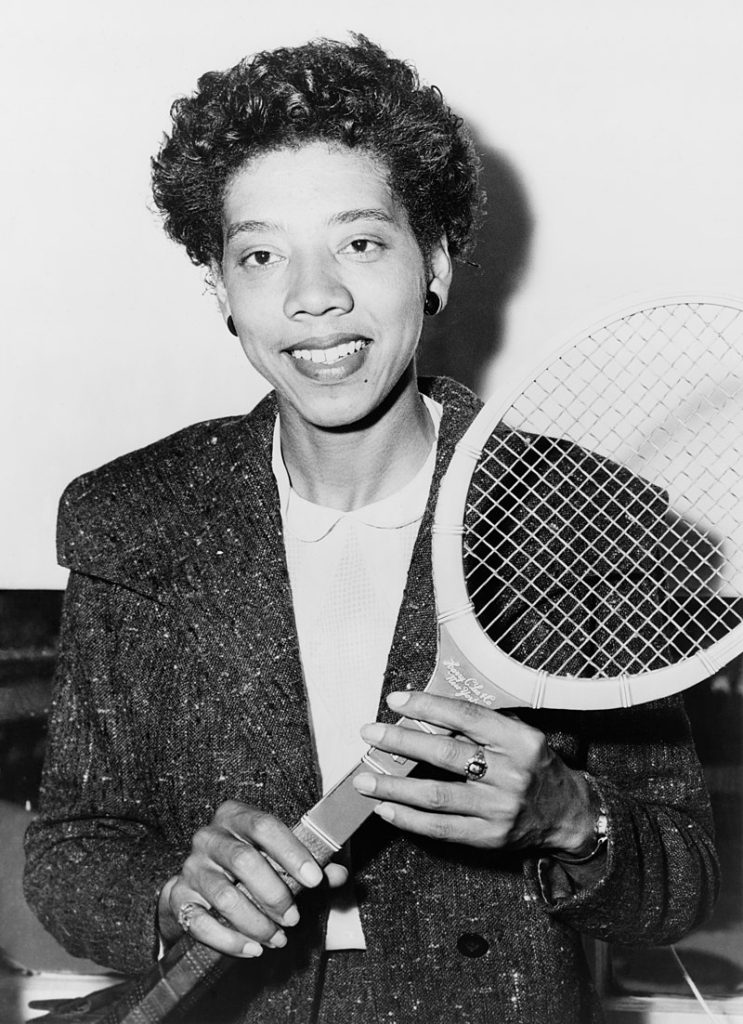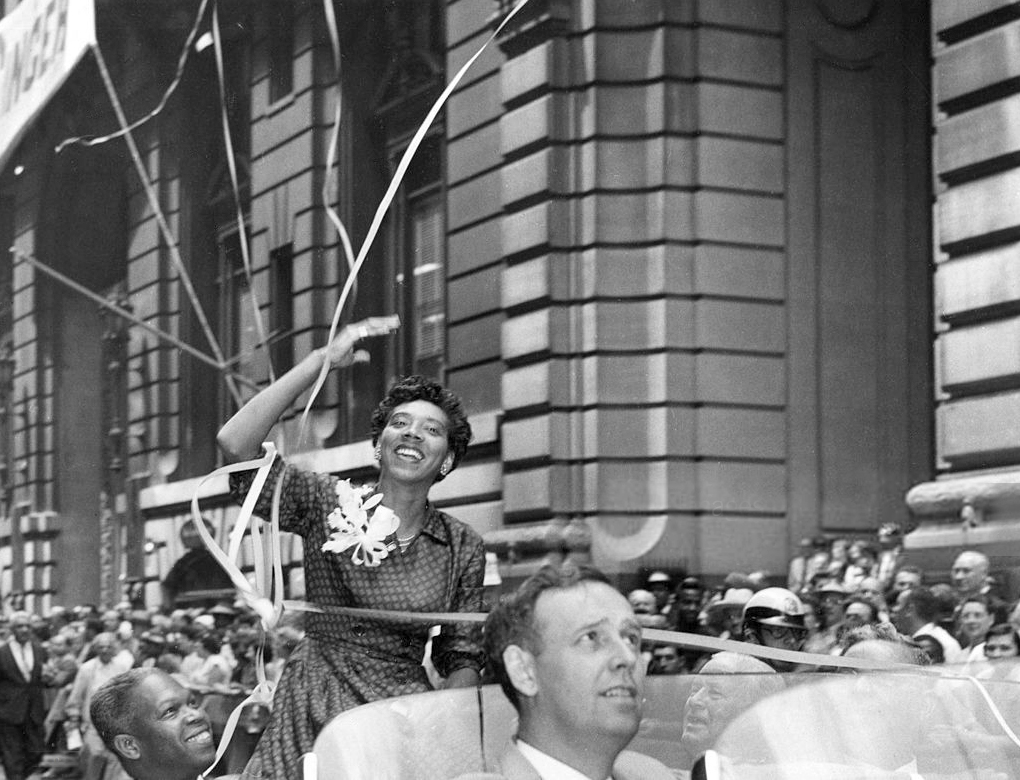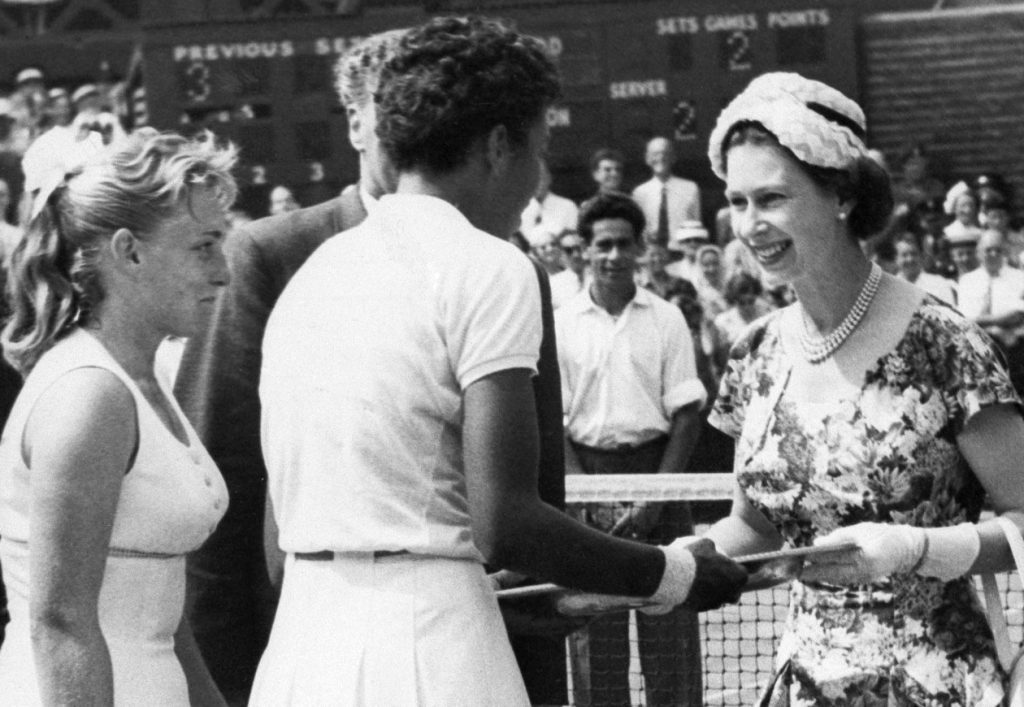Althea Gibson was a trailblazing tennis player who broke racial barriers and paved the way for future generations of athletes. Born in Silver, South Carolina, in 1927, she grew up in poverty and faced discrimination and racism from a young age. Despite these challenges, she persevered and became one of the greatest athletes of her time. In this article, we will explore Althea Gibson’s life and legacy, including her early years, tennis career, and impact on the civil rights movement.
Althea Gibson’s Early Years
Althea Gibson grew up in a racially segregated society, where opportunities for Black people were limited. Her family moved to Harlem, New York, when she was young, and it was there that she discovered her passion for sports. She played basketball and paddle tennis on the streets and became known for her athleticism and competitive spirit.
Introduction to Tennis

At the age of 12, Althea Gibson was introduced to tennis by a local doctor who saw potential in her. She quickly became enamored with the sport and spent hours practicing on the public courts in Harlem. However, she faced many obstacles as a Black player in a predominantly white sport. Many tennis clubs and tournaments were closed to Black players, and the few that were open often subjected them to discrimination and racism.
Rising Tennis Star

Despite these challenges, Althea Gibson persevered and began to make a name for herself in the tennis world. She won her first American Tennis Association (ATA) championship at the age of 15 and went on to win the title ten more times. In 1950, she became the first Black player to compete in the United States National Championships, where she reached the second round.
Grand Slam Success
Althea Gibson’s breakthrough moment came in 1956 when she won the French Open, becoming the first Black player to win a Grand Slam tournament. She followed this up with wins at Wimbledon and the US Nationals in 1957 and 1958, cementing her status as one of the greatest players of her time.
Impact on Civil Rights Movement
Althea Gibson’s success on the tennis court was about more than just sports. She broke down racial barriers and paved the way for future generations of Black athletes. Her achievements inspired a new generation of young people, showing them that anything is possible with hard work and determination. She was a trailblazer in the civil rights movement, and her legacy continues to inspire and empower people to this day.
Legacy

Althea Gibson retired from tennis in 1958 and went on to pursue other interests, including music and golf. In 1971, she was inducted into the International Tennis Hall of Fame, and her impact on the sport continues to be felt today. She opened the door for Black players to compete at the highest level and paved the way for future trailblazers like Arthur Ashe and Serena Williams.
Conclusion
Althea Gibson was a remarkable athlete and trailblazer who broke down racial barriers and paved the way for future generations of athletes. Her achievements on the tennis court inspired a new generation of young people and showed them that anything is possible with hard work and determination. She was a trailblazer in the civil rights movement and her legacy continues to inspire and empower people to this day. Althea Gibson will always be remembered as one of the greatest athletes of all time and a true American hero.



